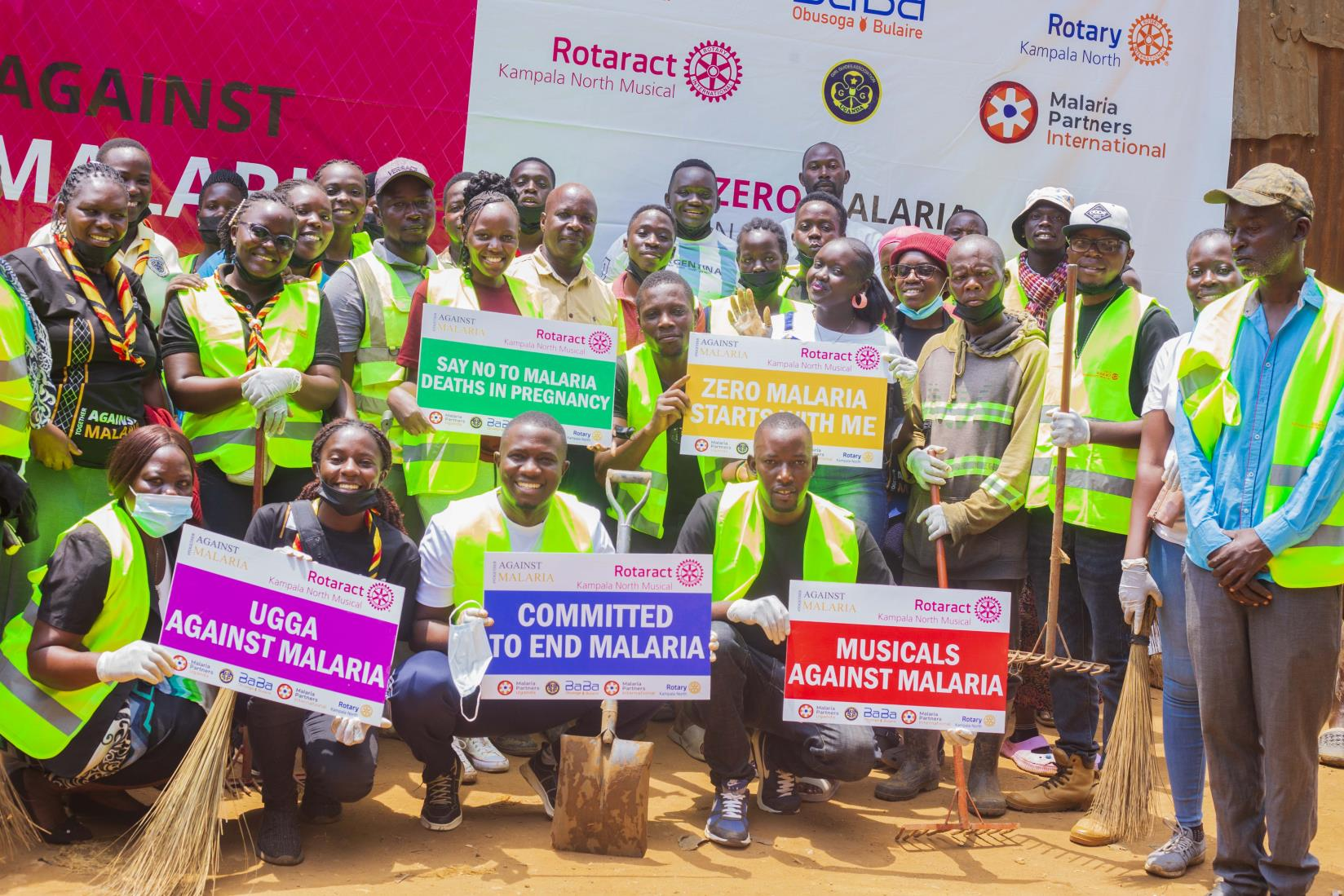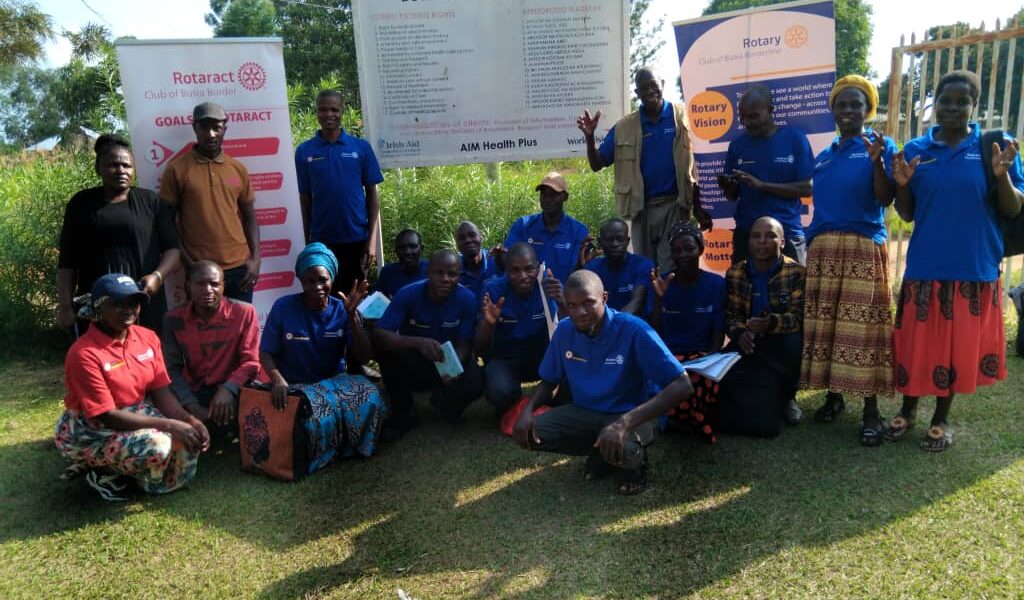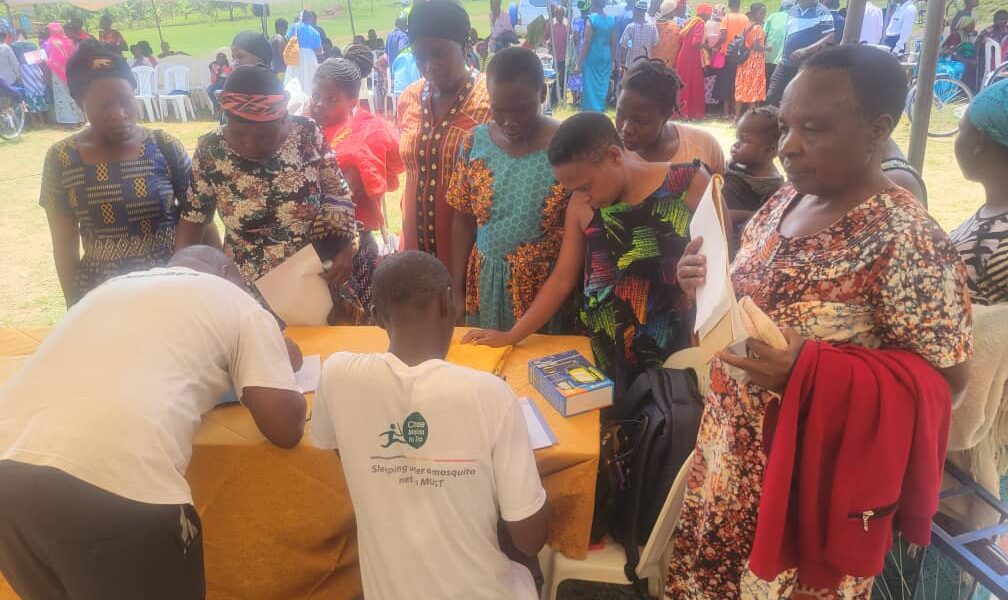Empowering a community through collaboration and youth engagement, a twelve-month project leaves a lasting legacy and charts a course for continued progress against malaria.
The initial twelve-month phase of the Zero Malaria in Bukasa-Kirinya Village Project has successfully concluded, standing as a powerful testament to the impact of a clear mission, vibrant youth engagement, and strategic partnerships. Guided by a Rotary vision to turn the tide against malaria, this initiative has demonstrably improved the lives of approximately 60,000 people across 13,408 households, ushering in a new era of hope and health for the community.
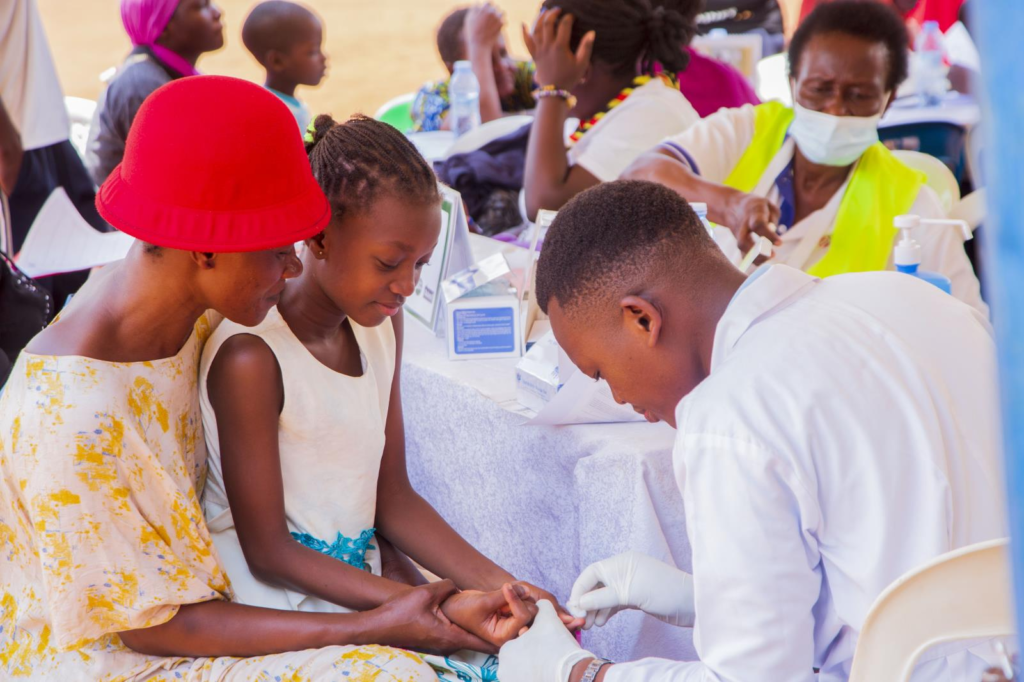
At the heart of this success was an unwavering spirit of collaboration and a deep commitment to community empowerment. The Rotaract Club of Kampala North Musical, alongside the Rotary Club of Kampala North, Uganda Girl Guides Association, Malaria Partners Uganda, and Malaria Partners International, spearheaded this impactful project, truly embodying the principle of “Service Above Self.” Rotaractors and other volunteers, representing the engagement of future leaders, infused the initiative with youthful energy and dedication, contributing over 3,400 volunteer hours – a clear indication of their profound commitment to this vital cause.
Building a viable future demanded strategic leadership, which the Zero Malaria project cultivated effectively. By convening stakeholder meetings, the project ensured broad collaboration and mobilised active community participation, recognising that sustainable change is built on collective effort. The Ministry of Health’s National Malaria Elimination Division provided invaluable technical support, further strengthening the project’s operational foundation. The dedicated involvement of five Rotary and twenty-four Rotaract clubs, amplified by the support of five media houses, significantly extended the project’s reach and visibility, highlighting the power of cooperative influence.
A core objective drove the initiative: to significantly reduce malaria cases, particularly among the most vulnerable – pregnant women and children under five. This was pursued through a comprehensive strategy encompassing community education, proactive prevention measures, and accessible treatment. Through diligent door-to-door sensitisations reaching 1,451 households and 26 targeted malaria education campaigns, the project enhanced the community’s understanding of the disease, its prevention, and control. This intensive engagement connected with over 13,000 community members, fostering a notable rise in voluntary testing and proactive health-seeking behaviours.
Tangible achievements underscore the project’s impact. Crucially, over 700 pregnant women and more than 200 children directly benefited from the provision of mosquito nets and essential anti-malarial medical supplies, which were donated to the Kirinya Health Centre II (now upgraded to a Health Centre III). To address environmental risk factors, over 100 mosquito-repellent plants were strategically planted within the community, offering a sustainable, local approach to mosquito control.
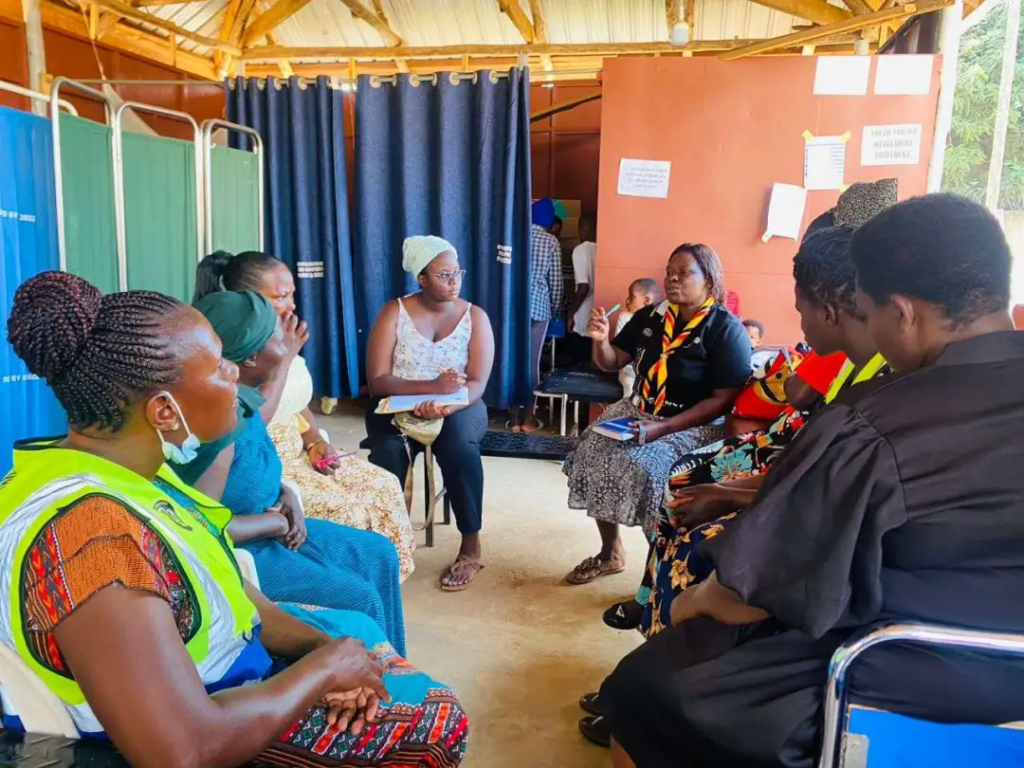
Recognising the critical importance of long-term sustainability, the project invested in training and equipping 8 Community Health Workers and 16 volunteers from the Uganda Girl Guides Association. These 24 dedicated individuals are now equipped to lead ongoing malaria elimination efforts, serving a population of approximately 32,000 people and forming a crucial frontline in the sustained fight against the disease. Furthermore, the Child2Family Program – a Malaria Partners Uganda initiative – launched in eighteen schools and empowered over 3,500 children to become agents of change, carrying vital malaria prevention messages home to their families.
The project also demonstrated a strong commitment to empowering women and youth. An impressive 83% of the project management team comprised women. Moreover, over 60% of project supplies were awarded to women-owned enterprises, and over 70% were sourced from youth-led businesses. This focus on inclusivity not only bolstered the project’s success but also fostered vital economic empowerment within the Bukasa-Kirinya community.
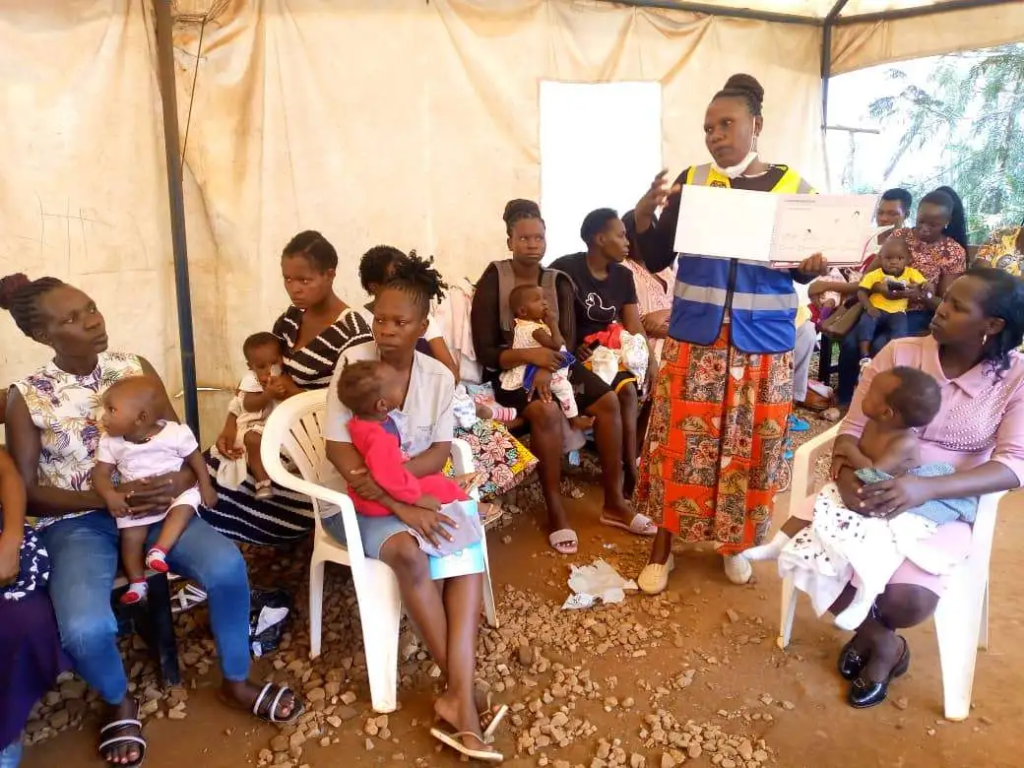
While this initial twelve-month phase has concluded, the Zero Malaria in Bukasa-Kirinya initiative remains steadfast in its dedication to prioritising the most vulnerable populations. With an enduring focus on families with young children, pregnant women, households with limited healthcare access, and frontline community health workers, the project partners are confident that continued collaboration and unwavering dedication will bring Bukasa-Kirinya even closer to a malaria-free future. The journey to zero malaria is ongoing, but the remarkable progress achieved in these first twelve months offers a powerful blueprint for future endeavours, proving that through united action, a healthier future is not just a hope, but also an achievable reality.

